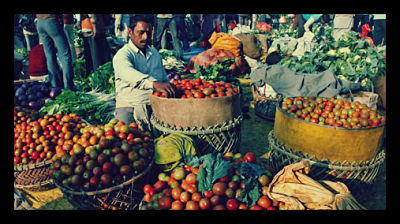Top 4 Ways to Address Food Security

The UN and other aid organizations are working to address food security in the world’s poorest countries. According to the UN Development Program’s (UNDP) African Human Development Report, food security is key to improving the lives of many of the world’s poorest people.
At the heart of eradicating extreme poverty is addressing the widespread hunger and malnutrition that kills hundreds of children every day. Food production is a determining factor in the achievement of other human development goals such as education and health care. Without adequate nutrition, people lack energy to pursue economic activities.
A productive approach to addressing food security is more complex than simply growing more food. The chief economist for the UNDP Regional Bureau for Africa, Pedro Conceicao, argued that economic growth does not necessarily reduce poverty and food insecurity. This suggests that accessibility, empowerment, and purchasing power drive change, and that a strategic, interdisciplinary approach is necessary to address food security. The Report focused on four ways to address food security:
- Food production: investments in agricultural research, infrastructure, and inputs will increase food production. This will improve food security, especially for agricultural communities.
- Adequate nutrition: improving food security does not necessarily improve nutrition. Efforts to alleviate malnutrition should be coordinated with developments in sanitation, clean water, and health services.
- Resilience: building resilience is key to decreasing the need for emergency aid. Systems such as crop insurance and employment guarantees strengthen communities and reduce vulnerability.
- Empowerment: gender equality, access to good land, technology, and information on good agricultural practices are necessary for achieving food security.
Sustainable progress does not happen overnight. As the Millennium Development Goals demonstrate, long-term coordinated efforts in multiple sectors are needed to improve food security. In order to achieve sustainable rather than short-term food security, development organizations also need to address environmental conservation, natural resource management, and the often opposing influences of big agribusiness and local ecology.
– Kat Henrichs
Source: IRIN News
Photo: Security and Sustainability Forum
